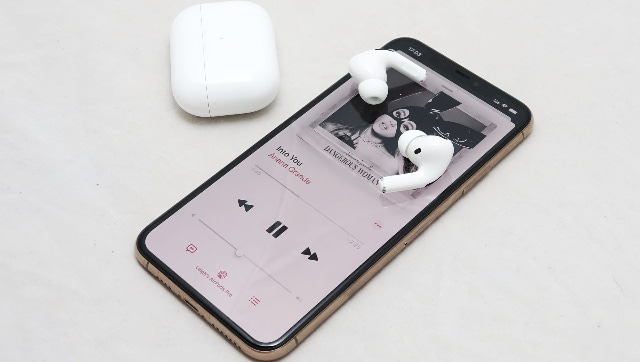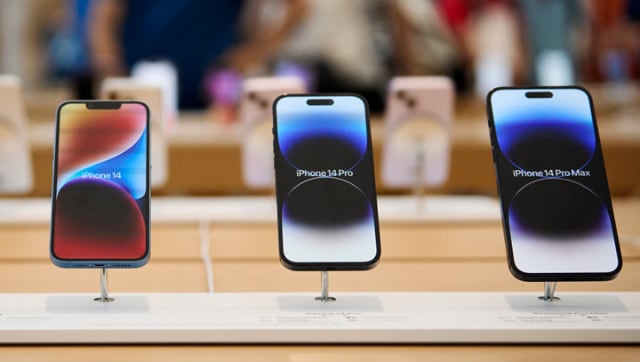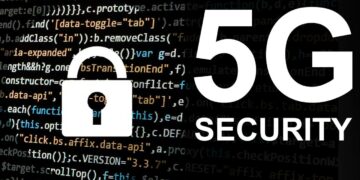FP StaffOct 10, 2022 10:43:49 IST
Thanks to a recently passed legislation in the Europen Union that requires all mobile phones, cameras, laptops and other peripheral accessories to come with a Type-C USB port, Apple may soon ditch the Lightning cable in favour of a USB-C port.
Apple will be bringing the USB-C port to the iPhone sooner than expected. Image Credit: AP
Apple already has a couple of devices with USB-C ports as opposed to Lightning, but they have been very limited in number. However, if Apple analyst Mark Gurman’s most recent report is anything to go by, almost all of Apple’s devices will start coming with a USB-C Port.
The European Union has allowed all tech companies a period of two years, that is until fall of 2024, to implement the new policy, and get their devices ready for USB-C. However, Gruman believes that there are many reasons why Apple will be able to comply with this new requirement much before the deadline.
Apple will apparently bring USB-C to the next-gen AirPods, AirPods Pro, and AirPods by 2024, while Mac accessories, including the Magic Mouse, Magic Keyboard, and Magic Trackpad could make the switch to USB-C as soon as next year.
Evidently, Apple has already started testing USB-C charging on its iPhones. However, at the earliest, we shouldn’t expect them to land on devices until 2023. Apple is likely add a USB-C charging port to the iPhone 15, as well as to the entry-level iPad expected to release by the end of this year.

Apple’s long-term plan is to go completely portless. It will soon ditch all physical/wired charging ports. Image Credit: Unsplash
However, Apple will not stick with the universal charging standard for long. Apple has a long-term goal of going completely portless. It started with the headphone jack, and this year, it was the SIM-tray or SIM-slot that was given the boot. Yes, in most countries we see the SIM-tray slot present in the iPhone 14 Series, but in the US and Canada, Apple insists that users get an e-SIM for their phones.
Similarly, Apple will soon try to get rid of physical charging ports altogether, and transition to other, wireless charging technologies for the iPhone and iPad at some point in the next few years. This would be a cheeky way to get around EU’s new legislation, as the rules that the legislation has proposed don’t apply to devices that don’t support wired charging.
Source by www.firstpost.com





























